Decentralized Computing: What It Is and Why It Matters in Crypto
When you hear decentralized computing, a system where processing and data storage happen across many devices instead of one central server. Also known as distributed computing, it’s the backbone of blockchain, DeFi, and most crypto projects that claim to be "trustless." Unlike traditional cloud services like AWS or Google Cloud, decentralized computing doesn’t rely on a single company to run things. Instead, it uses networks of everyday computers, phones, or specialized hardware to share tasks—like verifying transactions, storing data, or running smart contracts. This isn’t theory. It’s what lets you trade crypto without a bank, lend money without a lender, or store files without Dropbox.
Decentralized computing blockchain, a tamper-proof digital ledger that records transactions across many nodes as its most visible form. But it’s also behind tools like IPFS for file storage, Golem for renting idle GPU power, and even some DeFi protocols that process loans without centralized servers. Projects like Shido DEX and Neblidex claim to be decentralized exchanges, but many fail because they don’t truly distribute control—they just rebrand centralized systems. True decentralized computing means no single entity can shut it down, alter data, or freeze your assets. That’s why platforms like Compound and TrustSwap use smart contracts: they automate rules so no middleman is needed.
It’s not magic. Decentralized computing requires real infrastructure. People run nodes. Miners or validators secure networks. Users pay fees to keep things running. That’s why many crypto projects that promise decentralization end up centralized—because they skip the hard work. Taiwan and Namibia restrict crypto because their banks fear losing control over money flow. But decentralized computing flips that script: it lets individuals own their data and transactions, even when governments or banks won’t support them. The same principle applies to NFT tickets and generative NFT collections like TAUR—they use decentralized storage and verification to prove ownership without relying on a central authority.
What you’ll find below aren’t just random crypto stories. These are real-world tests of decentralized computing: failed exchanges that pretended to be peer-to-peer, airdrops that vanished because no one was actually running the network, and protocols that still work because they distributed power correctly. Some projects are scams. Others are quietly building the future. You’ll see which ones actually deliver on decentralization—and which ones just use the word to sell tokens.

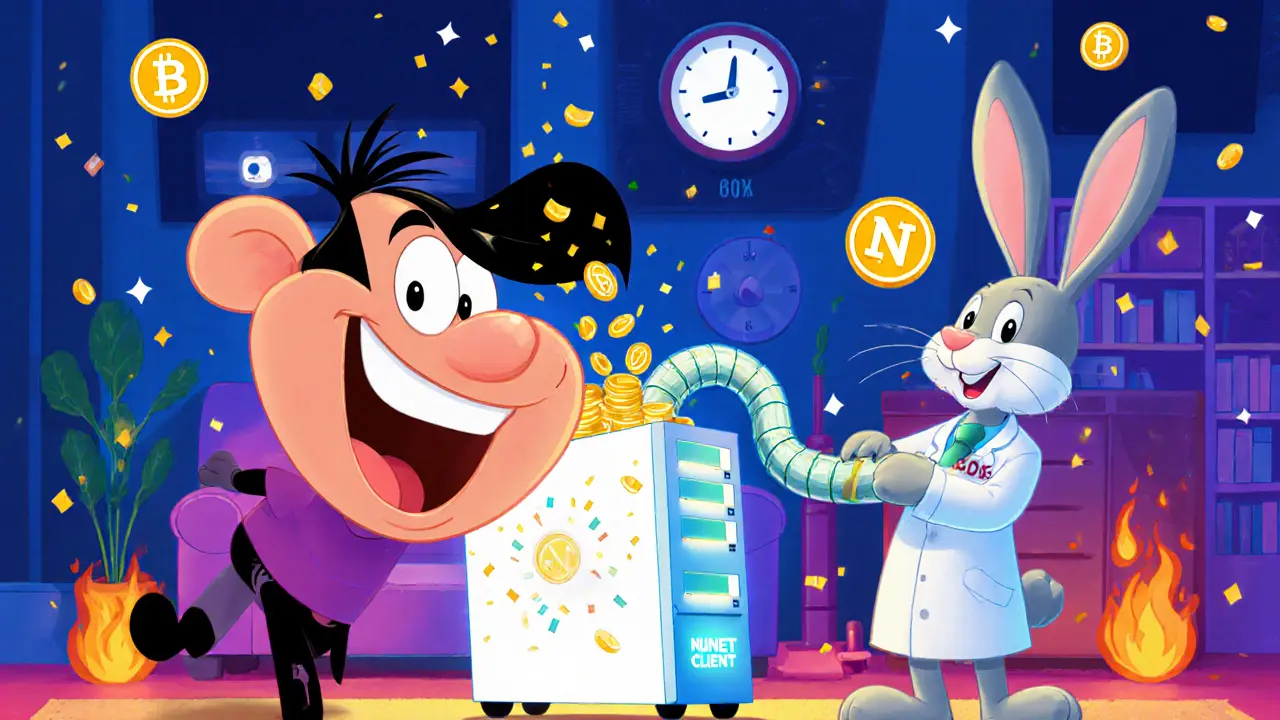
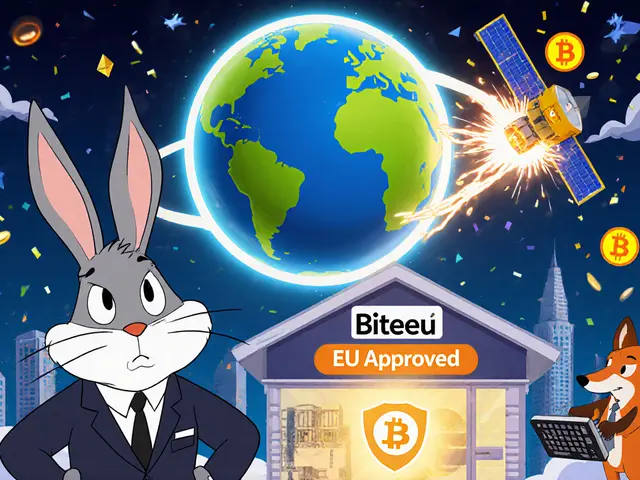
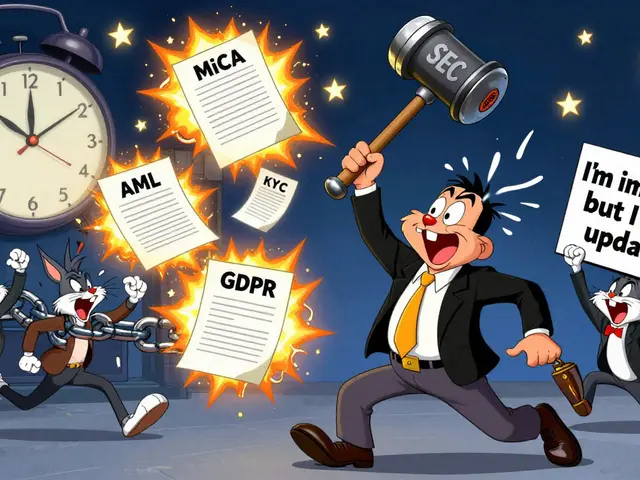
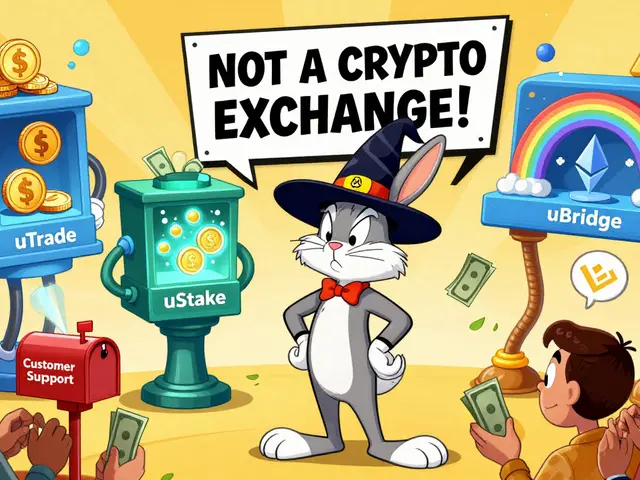
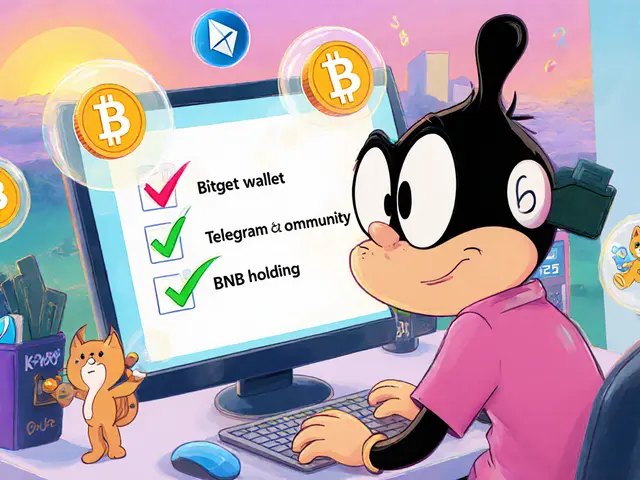
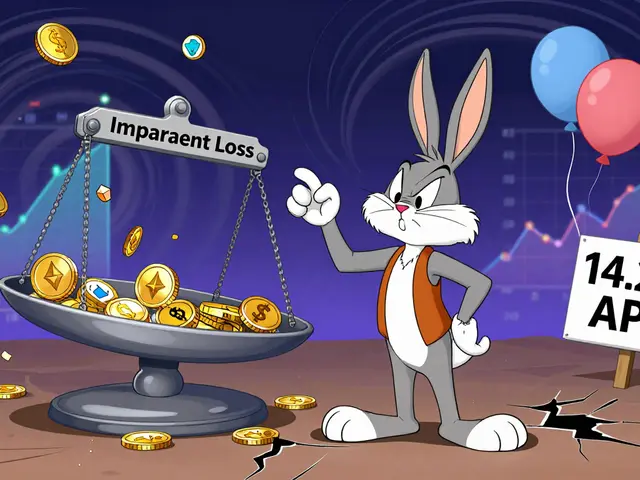
Categories